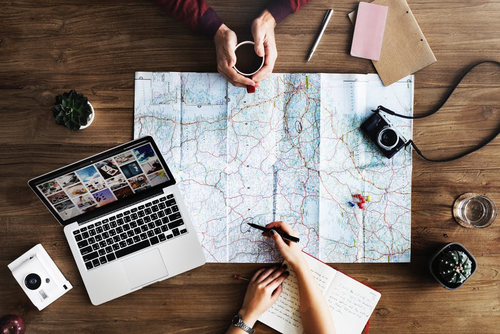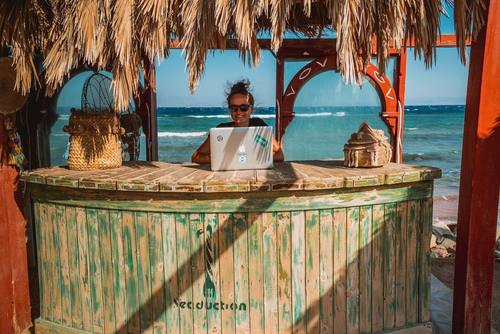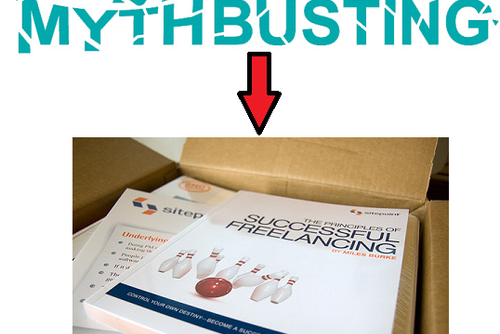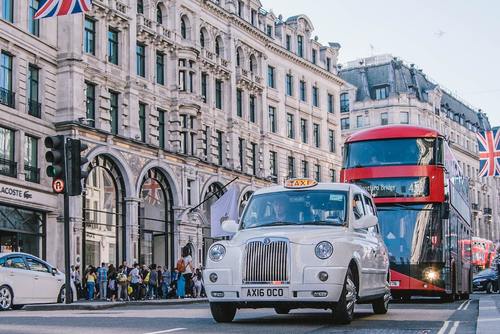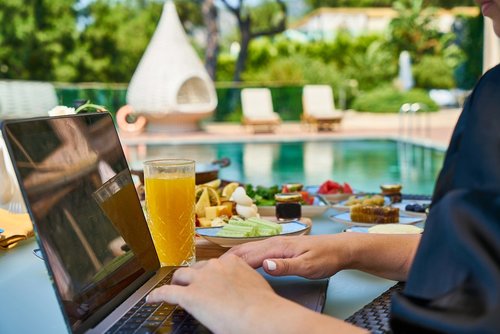It’s important to establish a proper strategy to overcome the common obstacles from varying time zones and unreliable internet. Whether you’re an avid digital nomad or just planning a traditional journey, here are five ways of attaining the balance between work and leisure.
1. Choose Destinations with Reliable Internet
Reliable internet is the lifeline of any freelancer. Investigate places with good connections when choosing the next travel destination. Various sites and forums update facts about internet speeds in various locations.
Most recommend countries or cities with good infrastructures and connectivity. Making sure to stay in digital-nomad-dedicated accommodations, be it a co-working space, or even an Airbnb that has high-speed internet as a listed amenity, is going to be very beneficial.
Don't forget to have a backup plan. Mobile hotspots and SIM cards can provide an alternative if the primary internet source fails. Before your arrival, be sure to research local mobile carriers and their data plans.
This preparation will give you the confidence that you can meet your deadlines and work in touch with your clients, wherever you may be. Proactiveness in internet connections can save a lot of frustration and wasted time.
2. Organize Time Zones Effectively
Again, one of the most difficult aspects of freelancing on the road is working across time zones. Proper management of various client meetings, and deadlines, and at the same time, tracking down your schedule, involves a lot of planning. Tools like World Time Buddy or Google Calendar allow one to work with time zones easily.
You can see overlaps of hours and schedule a meeting at a comfortable time for both parties. Such reasons make it very important to build routines that will help you become reachable during your clients' working hours. This could mean the need to tweak your work schedule as you move across various time zones. Make sure your clients are well informed about your availability and any change in your schedule.
3. Staying Within Budget
Travel can be costly if not managed carefully. As a freelancer, there is a likelihood that your income might be very variable, so one needs to keep within a budget. Budget apps can also be used for tracking expenditures.
A good example is Mint or YNAB, which means "You Need A Budget"; it always comes in handy. You can easily use such tools to find out where money goes, list items according to necessity, and most importantly ensure money going out doesn't surpass money coming in.
One of the biggest expenses related to traveling is the cost of accommodations. Try cheaper options for accommodation by house-sitting, hostels, or long-term rentals. Prepare your meals rather than dining out, use public transport, and engage in free or inexpensive activities. Financial discipline during travels will enable you to enjoy traveling without stress in your pockets.
4. Create a Consistent Workspace on the Road
This entails creating a setting that resembles the home office space. It may not be a spitting image of the home office setups but it can offer the same peace and comfort.
Start by buying some portable equipment and suitable accessories such as noise-canceling headphones and a wireless mouse. These supplies will contribute to comfy and efficient workspaces.While selecting your portable work essentials, don't underestimate the impact of ambiance on productivity.
When booking the accommodations, do some background checks on the features, so that you target the units with dedicated workspaces. This will be effortless since most restaurants and Airbnb listings give comprehensive details on their property designs, allowing easy selection.
Apart from the professional environment, confirm also the strength and security of the internet.
5. Comprehend Tax Obligations
Being a freelancer means that you are highly encouraged to understand your tax obligations. Even though you need to be aware of your liability for taxes while at home when you add travel to the mix, it becomes even more complicated.
Different countries have different laws on this and you may be answerable to the country you are visiting and the one you call home. Consider consulting a tax professional who specializes in working with digital nomads to be as safe and compliant as possible.
The good thing about doing freelance work while you are traveling is that there is a possibility of you being able to claim back-home office deductions. You can do this even if you are on the road when you have some sort of workspace. To get clearer specifics regarding what you can claim, take an online quiz on home office deductions for your self-employment setup.
Also, keep proper records of your expenditures, be it on internet costs, equipment purchases, or workspace rent, among other things. Such records will help in making tax deductions and reducing your liability.
Conclusion
It’s rewarding yet daunting to find a balance between work and travel but it’s doable. What you need is to think about everything a traditional workplace needs such as a stable internet and functional spaces. Understand also about the time zones and any tax obligations you have depending on the region you’re in.



